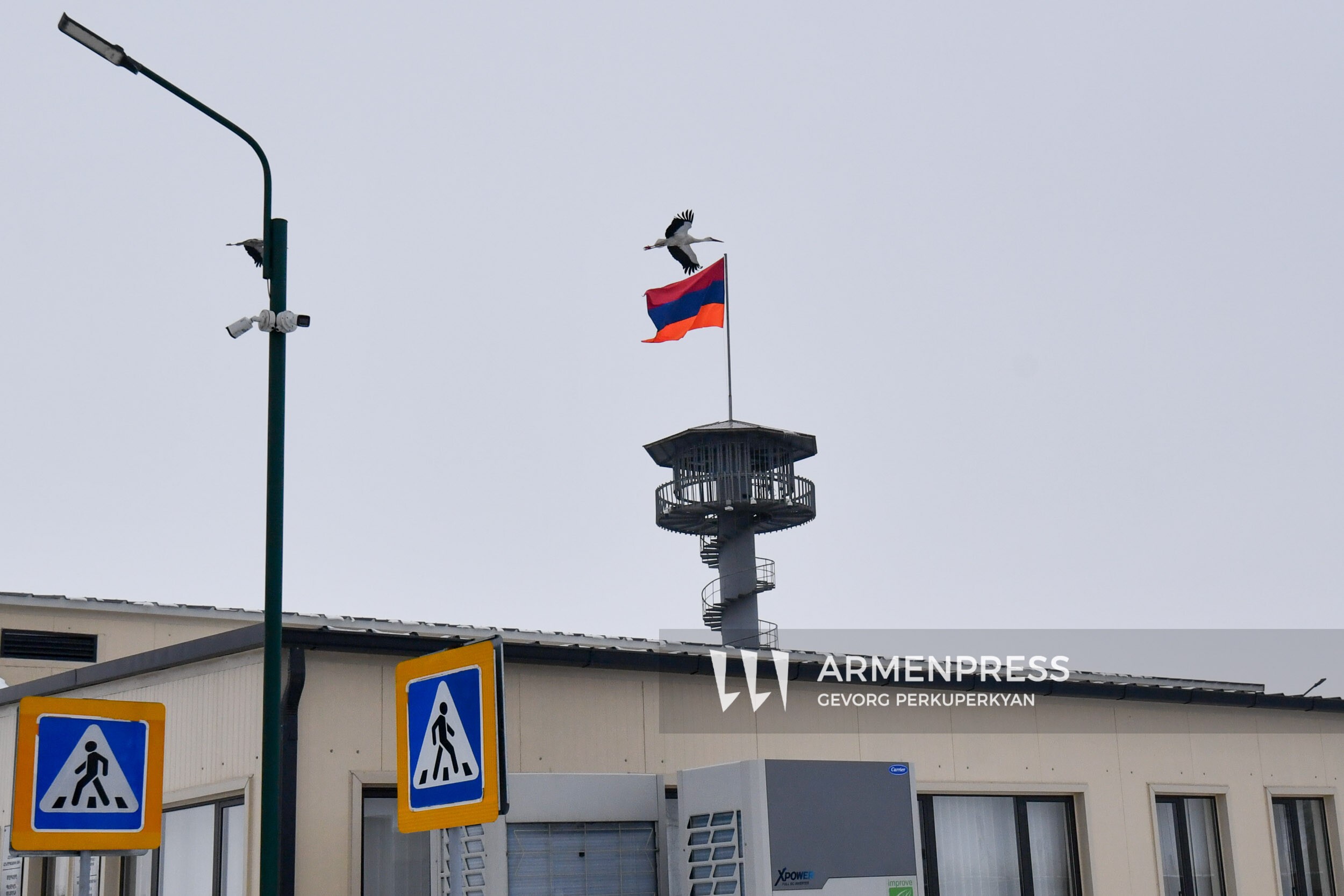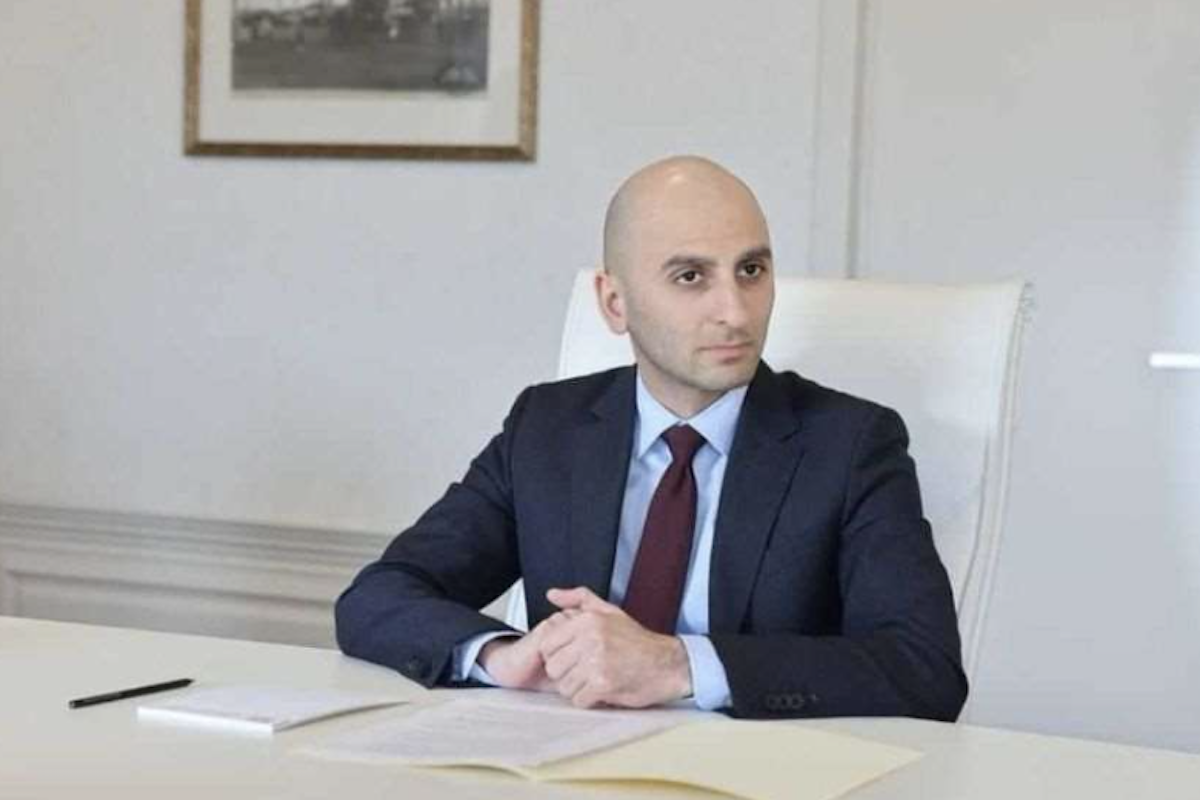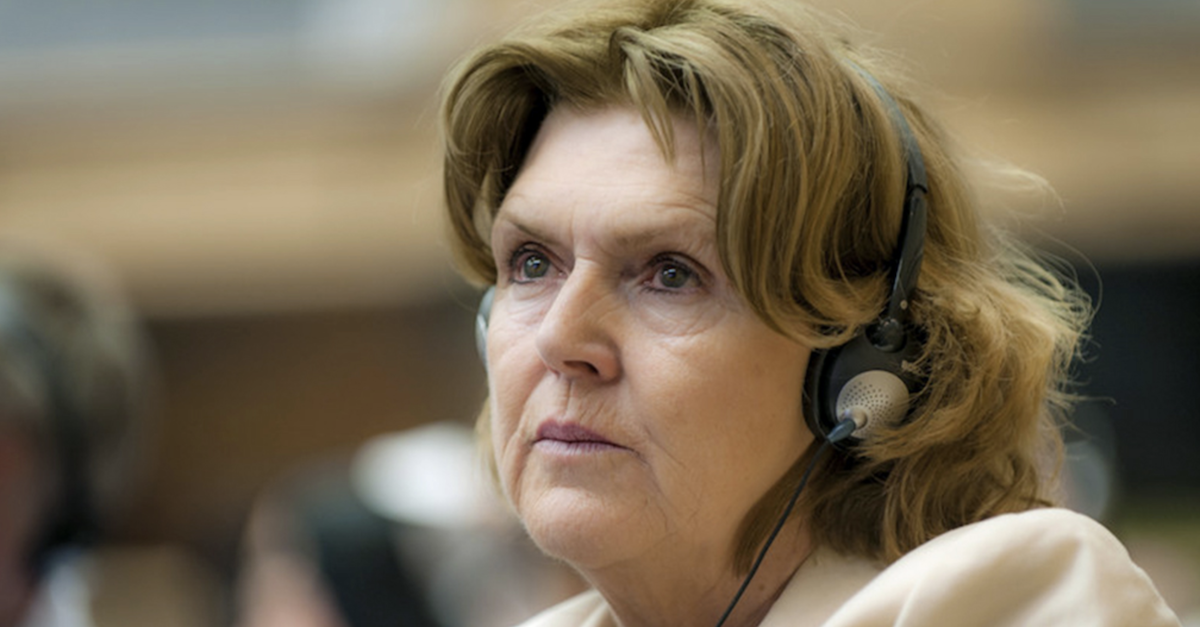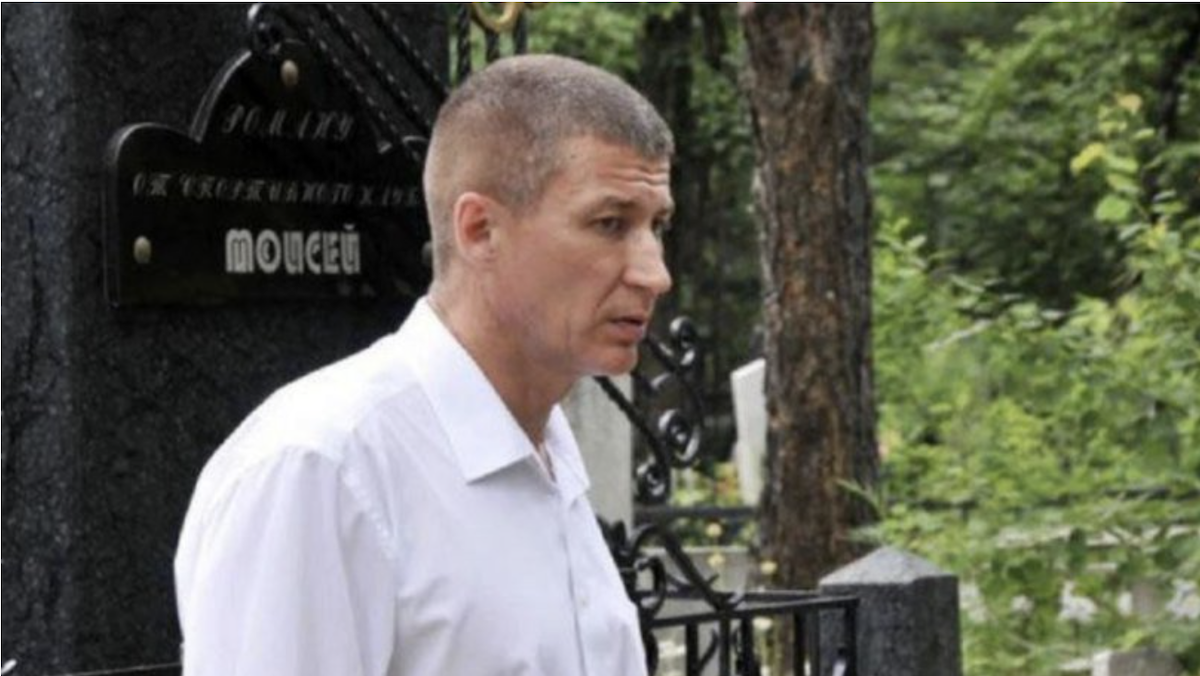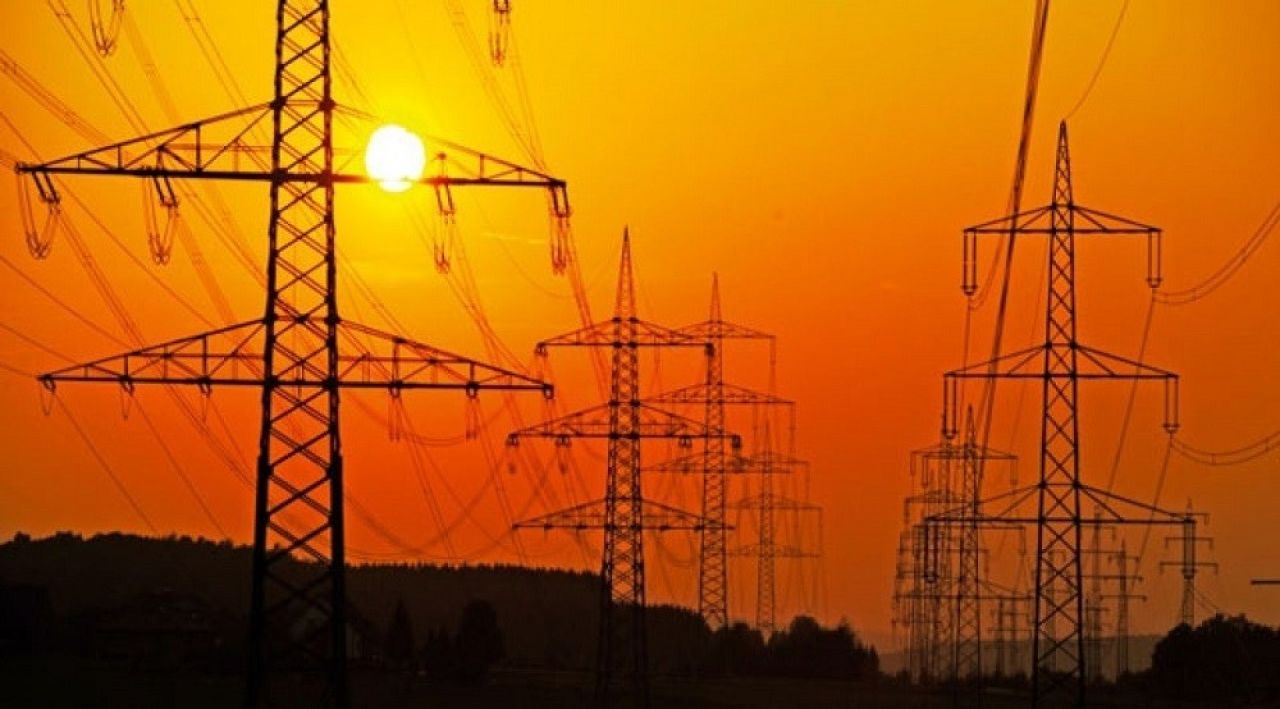Russia begins 'presidential vote': a three-day election rundown
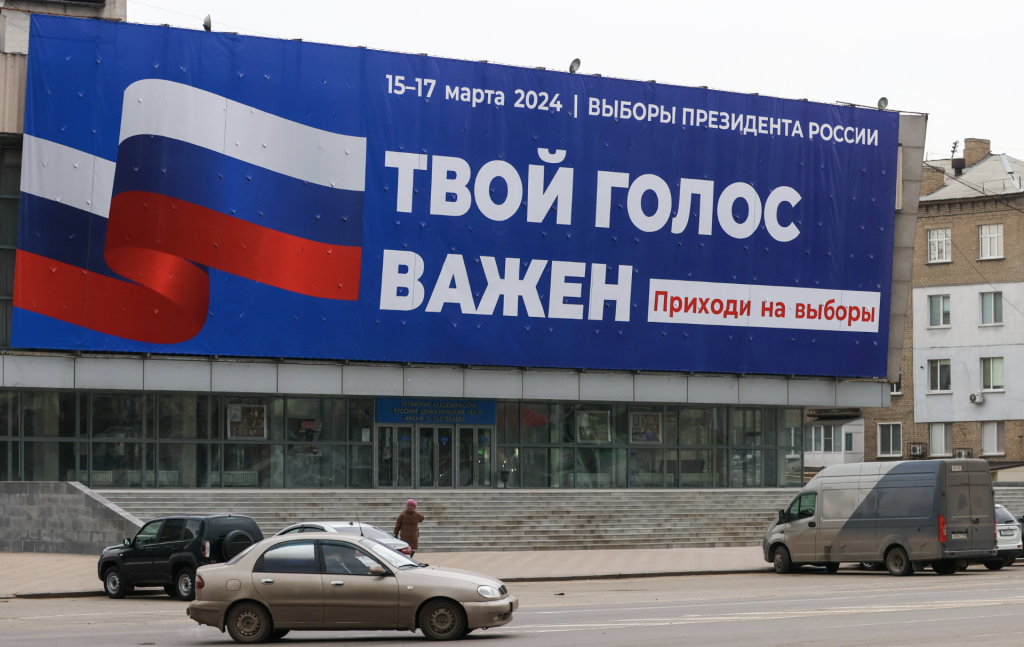
Presidential elections have started in Russia, with voting lasting three days—from March 15 to 17, with the main day being March 17.
According to the Central Election Commission, about 94,000 polling stations have been opened across the regions of Russia.
Who are the candidates?
There are four candidates participating in the Russian presidential elections: Vladimir Putin, seeking a fifth term; Leonid Slutsky from the LDPR (Zhirinovsky’s party); Communist Nikolai Kharitonov; and Vladislav Davankov from the “New People” party.
All three of Putin’s rivals represent the systemic opposition. No candidate from the real opposition was allowed to participate in the elections. Also, no anti-war position candidates were allowed to run.
The three “rivals” to Putin share the fact that none of them criticized Putin during the election campaign. Mainly they engaged in discussions with each other.
According to public opinion polls, more than 70 percent of voters intend to vote for Putin.
Sources in the Kremlin, quoted by the independent Russian media ‘Meduza’, state that there is a specific task:
Putin needs not just to win the elections, but to show a “record result” — to receive more than 80 percent.
The Kremlin is trying to achieve this result by traditional methods—mobilizing public sector workers and coercing them to vote. The BBC detailed how employees of state corporations, teachers, and doctors are being forced to participate in elections across the country.
The first results will be announced on March 17, immediately after the polling stations close.
How did the election campaign go?
In February and March, Putin actively traveled around the country, meeting with military personnel, workers, scientists, farmers, and youth. Essentially, all these gatherings were pre-election, although the word “elections” was not mentioned at any of the meetings, nor were there calls to go to polling stations.
The voter rights movement “Golos” published a report calling the current campaign “the blandest” in the history of Russian presidential elections. Experts from “Golos” concluded that neither federal nor regional media showed interest in the elections. And the candidates “even don’t try to pretend they are fighting for the presidential post and for votes”.
The main innovation of the current presidential campaign is remote voting, which was introduced in 29 regions, or one-third of Russia’s territory. Electronic voting (EV) will be used for the first time in these regions for presidential elections. As the BBC wrote, the administrative resource is used precisely to make people vote electronically on the first day of voting, March 15. As reported by the BBC, public sector workers were strongly requested to provide a screenshot at work to prove that they registered for remote voting.
Elections in annexed territories
The Russian presidential elections are also taking place in annexed Crimea and the territories of Donetsk, Luhansk, Kherson, and Zaporizhzhia regions. These are territories of Ukraine currently occupied by Russian troops.
Voting in the annexed territories began a few days earlier. Polling stations operate in the regions, but the government urges residents to stay home and promises to bring ballot boxes to homes. The situation is as follows – commission members go from house to house with ballot boxes accompanied by armed people and meet people right in residential buildings. Citizens have the right to vote with any document, including a Ukrainian passport.
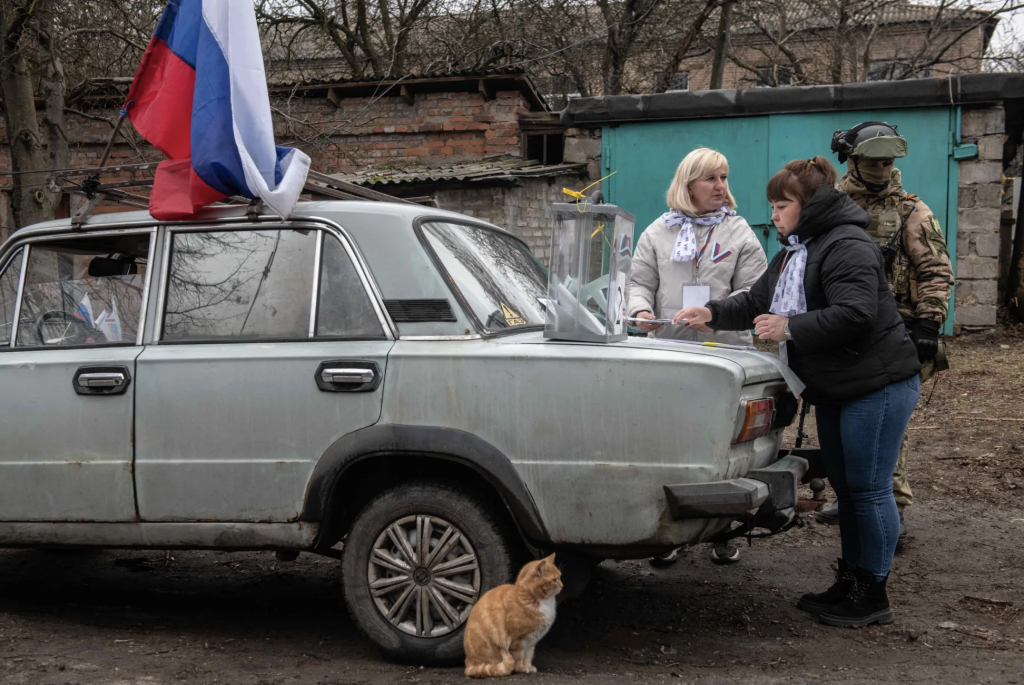
The Verkhovna Rada of Ukraine has appealed to the international community to condemn Russia’s holding of elections in the occupied territories of Ukraine. Additionally, the Ukrainian Ministry of Foreign Affairs has called on citizens living in the occupied territories not to participate in the voting.
What is the opposition’s strategy?
Today, there are hardly any parties or politicians left in Russia representing a real, non-systemic opposition to Putin. Many opposition figures have left Russia due to the threat of imprisonment, some are in jail (Lev Yashin, Vladimir Kara-Murza). Opposition leader Alexei Navalny was killed in custody by Putin’s regime on February 16.
Under these conditions, the Russian opposition can only communicate with the protesting electorate remotely.
The Russian opposition has proposed the protest action “Noon Against Putin” for people opposing Putin’s regime. The idea belongs to Maxim Reznik, a former deputy of the Legislative Assembly of St. Petersburg. As part of the rally, Putin’s opponents are to arrive at polling stations simultaneously, on March 17 at 12 noon.
Opposition leaders predict that if huge queues form at polling stations on March 17 at noon, it will embarrass Putin’s regime. And the whole world will see that Putin’s regime is illegitimate. Most importantly, opposition members say, people against the war and Putin can see each other and realize that they are not alone.
The “Noon Against Putin” campaign became the last rally supported by Alexei Navalny from prison. He wrote about it on Twitter. Following Navalny’s death, his associate Leonid Volkov once again called on Navalny’s supporters to participate in the rally, calling it “Alexei Navalny’s political will.”
Navalny’s team suggests voters vote for any candidate other than the incumbent president or spoil the ballot. Navalny’s team has also created a special app (“Photon”) that will randomly advise voters whom to vote for in the elections, apart from Putin, or suggest spoiling the ballot.
The politician’s widow, Yulia Navalnaya, has also called on Russian citizens to participate in the “Noon Against Putin” action. Yulia Navalnaya has also urged Western countries not to recognize the results of the elections in Russia and not to consider Vladimir Putin a legitimate leader of Russia.
The Moscow Prosecutor’s Office has already stated that it sees “signs of extremist activity” in the opposition’s planned action. At this stage, it is unclear what the government’s plan is — whether it will disperse the people who come to the elections?
Presidential elections in Russia
*Based on BBC and Medusa materials
Presidential elections in Russia










